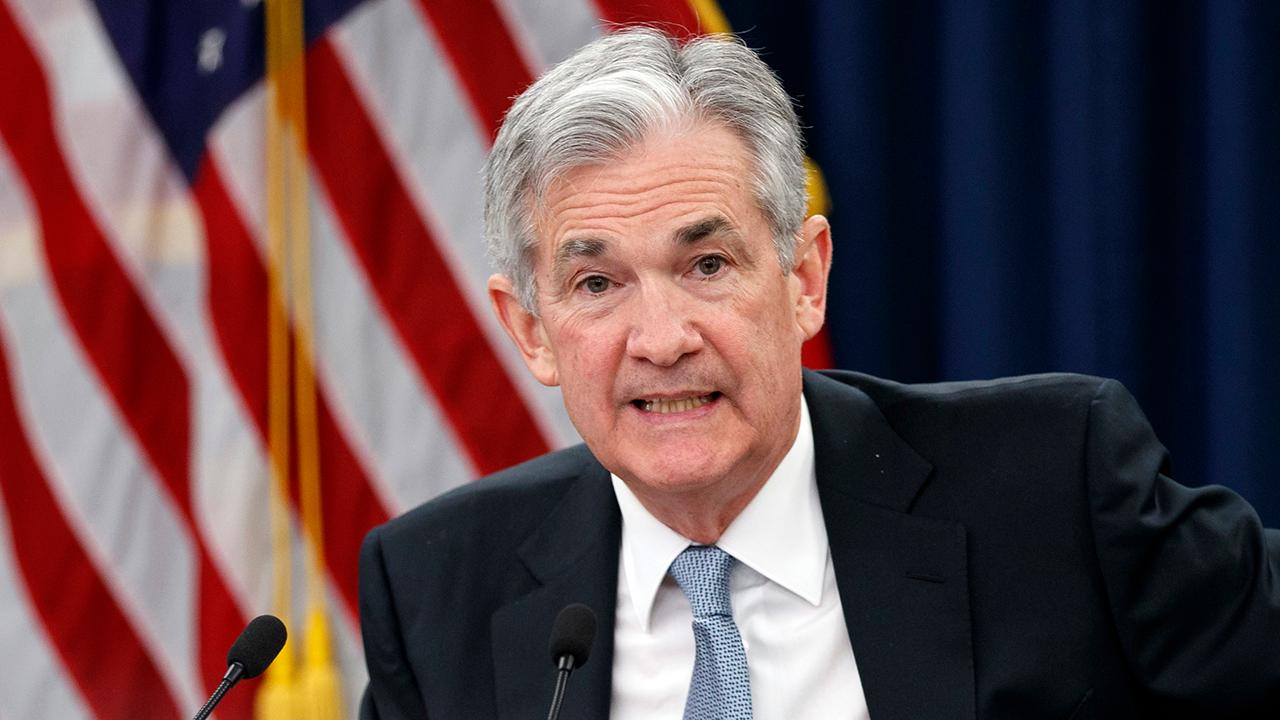Fed's Powell warns extended government shutdown will show up in economic data
A lengthy, partial government shutdown that began on Dec. 22 could have a negative effect on the U.S. economy, according to Federal Reserve Chairman Jerome Powell.
“A longer shutdown is something we haven’t had,” Powell said on Thursday during a discussion at the Economic Club of Washington, D.C. “If we have an extended shutdown, I do think that would show up in the data pretty clearly.”
The 20-day partial government shutdown stretched into its third week on Saturday, as President Trump and congressional leaders remained at an impasse over funding for a wall along the U.S.-Mexico border.
And with no end in sight, it’s likely the shutdown could continue for a prolonged amount of time (Trump threatened to shut down the government for months, or even years, until he gets the $5 billion he wants for the wall).
Powell noted that normally, shutdowns are relatively brief and therefore have little effect on the economy -- even if they do hurt some of the hundreds of thousands of workers furloughed as a result of the funding lapse. So far, there have been two other shutdowns under Trump, but this is by far the longest.
"In the short term, if government shutdowns don't last very long, they typically have not left much of mark on the economy, which isn't to say, there's plenty of personal hardships that people undergo," Powell said. “But the aggregate level of the economy generally does not reflect much damage from a shutdown.”
One of Trump’s key economic advisers, Kevin Hassett, also acknowledged that the U.S. economy could appear to lose jobs in January for the first time in nearly a decade as a result of the shutdown.
That’s largely because about 800,000 government employees were still furloughed on Thursday, which is when the household survey that’s used to calculate unemployment starts (it usually covers the 12th of each month, which is on Saturday). In the survey, they will say they’re not working. The Department of Labor will release the payroll data for January on Feb. 1. “So when we see the January jobs number, it could be a big negative,” Hassett told reporters last week. “But it would be because of the furloughed workers, who are ultimately going to get paid.”




















